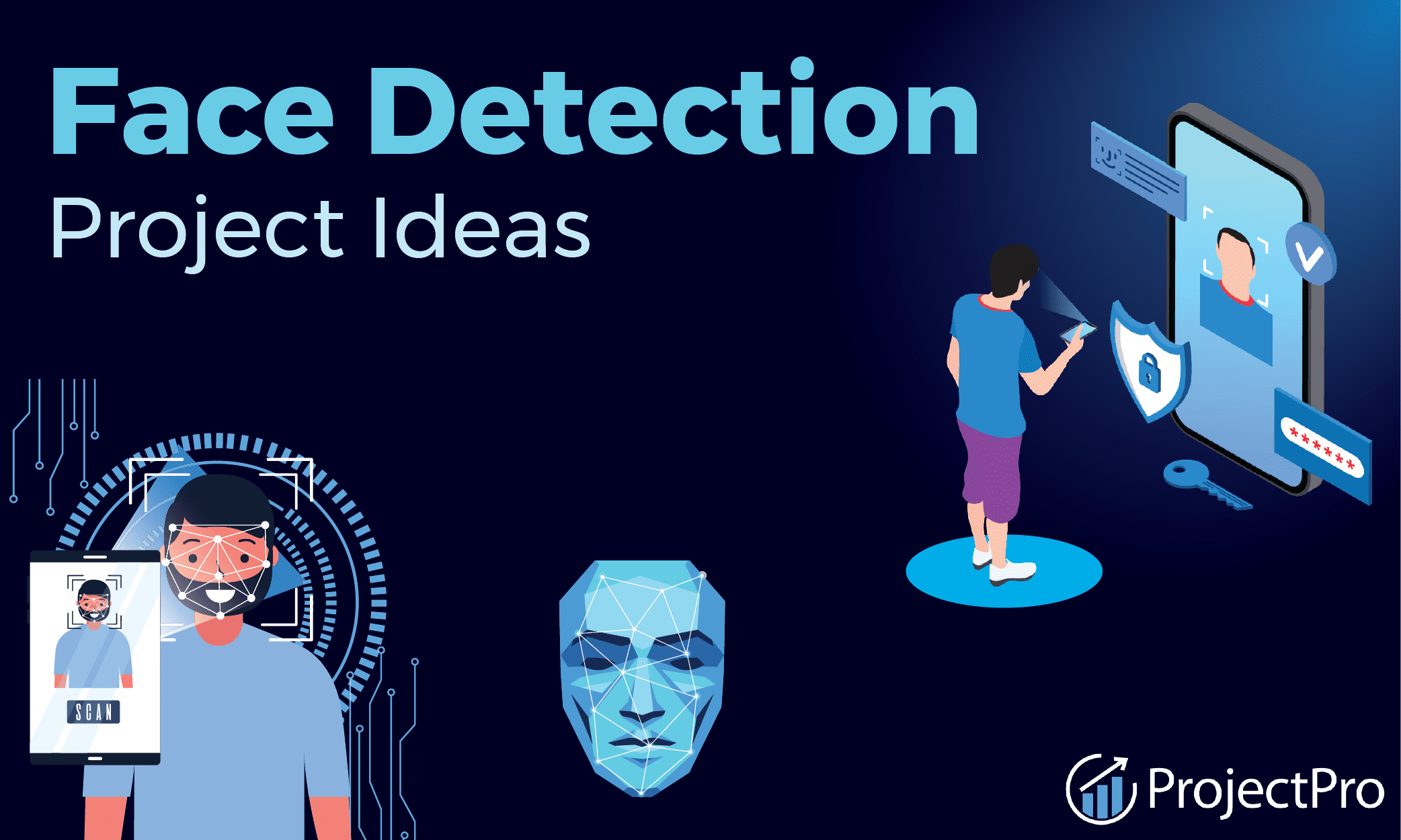Research, Robotics, Engineering & Healthcare Innovations

AI is rapidly growing with millions of future job opportunities.
Will dominate healthcare, agriculture, robotics, and research.
Students can develop smart systems and predictive models.
Changes how problems are solved and innovations created.
Opens doors for international studies and startups.
Early learning keeps students ahead in science and tech careers.
AI allows machines to perform tasks that need human intelligence.
Useful in research, robotics, healthcare, and engineering.
Helps analyze data, recognize patterns, and solve problems.
Builds critical thinking and practical skills.
Enables creation of innovative projects.
Gives competitive advantage for higher education and career.
Prepares students for emerging technologies.
Python is beginner-friendly for AI.
Start with basic coding concepts and small projects.
Learn loops, functions, and data structures.
Develop basic computer skills (spreadsheets, online tools).
Practice coding challenges regularly.
Explore libraries like NumPy, Pandas, and Matplotlib.
Small projects build confidence for advanced AI learning
Focus on linear algebra, probability, and statistics.
Logical thinking is essential for algorithms and coding.
Understand patterns, formulas, and data analysis techniques.
Practice problem-solving regularly.
Learn matrices, vectors, and functions for AI models.
Logical reasoning helps in debugging code.
Strong math skills make AI learning faster and easier.
Learn machine learning, deep learning, and neural networks.
Explore pattern recognition, predictions, and decision-making.
Use beginner-friendly tools like Teachable Machine or Scratch.
Work with small datasets for hands-on practice.
Explore AI in robotics, healthcare, and research.
Understand AI fundamentals before advanced courses.
Gradually build models and projects.
Platforms: Coursera, edX, Udemy, Google AI tutorials.
Beginner-friendly lessons on machine learning basics.
Exercises and mini-projects for hands-on practice.
Build confidence and AI understanding.
Channels: Simplilearn, freeCodeCamp, Krish Naik.
Step-by-step coding tutorials and project demos.
Helps understand practical applications.
Visual learning improves clarity and skills.
Apps: Grasshopper, SoloLearn, Mimo.
Learn programming and AI basics on mobile.
Interactive challenges, quizzes, and mini-projects.
Flexible practice anytime, anywhere.
Strengthens coding and problem-solving skills.

Create Your First AI Model Using Google Teachable Machine
Build image, sound, or pose recognition models.
No coding required, simple drag-and-drop interface.
Test models with real-time data.
Builds confidence and understanding of AI.
Build an AI Chatbot
Simple chatbot for questions or instructions.
Learn natural language processing basics.
Understand human-AI interaction.
Image Recognition Project
AI models recognize objects, animals, or plants.
Train models on small datasets.
Learn how AI processes visual data.



Pursue advanced technical knowledge in AI.
Learn machine learning, neural networks, and programming.
Gain expertise for research and industry roles.
Short-term, beginner-friendly, affordable options.
Specialize in AI, Python, or Data Science.
Gain practical experience and certifications.
Top universities offer AI-focused programs.
Exposure to global research and advanced tech.
Enhance career opportunities and international experience.
Apply AI skills to real-world problems.
Improve teamwork and problem-solving.
Showcase projects to experts and peers.
Enhance learning and networking.
Collaborate and practice regularly.
Get guidance from mentors and peers.
Attend workshops, mini-projects, and competitions.
Motivation through community support.
Gain exposure to real AI projects.
Learn from professionals and contribute to live projects.
Build skills, resume, and career preparation.
Many students achieved recognition with school-level AI projects.
Early learners contribute to startups and research competitions.
Inspires beginners to start AI early.
Students from small towns built impactful AI projects.
Used free resources, online courses, and self-practice.
Shows determination matters more than location.
